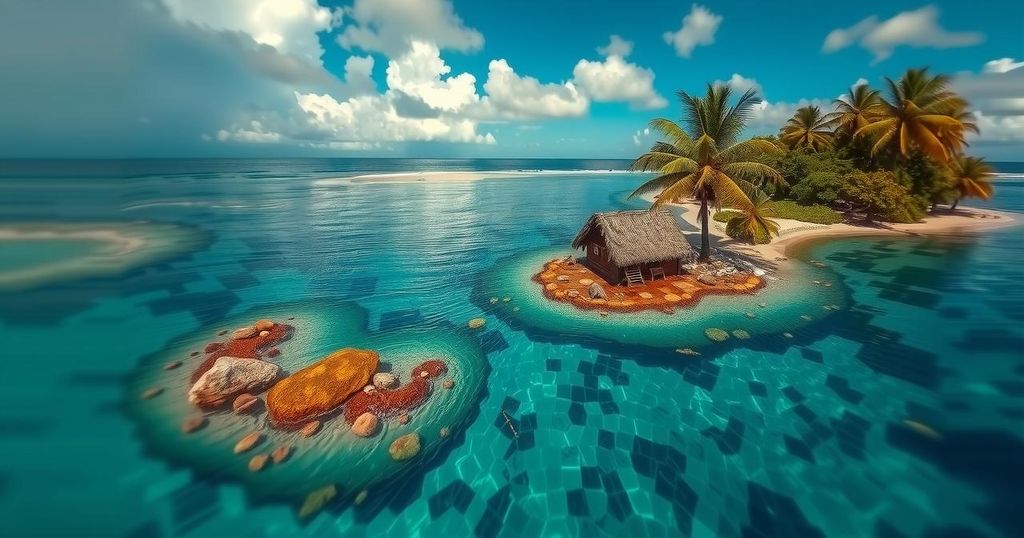Climate change
AFRICA, ARNOLD KIEL LOUGHMAN, CLIMATE CHANGE, CYNTHIA HOUNIUHI, HUMAN RIGHTS, ICJ, INTERNATIONAL COURT OF JUSTICE, JOHANNESBURG, LOUGHMAN, OCEANIA, PACIFIC ISLAND, PACIFIC ISLANDS, PARIS AGREEMENT, PI, RALPH REGENVANU, SOUTH AFRICA, STUDENTS FIGHTING, SUSTAINABLE DEVELOPMENT, THE, VANUATU
Fatima Khan
0 Comments
Small Island States Urge ICJ to Expand Legal Obligations Beyond Climate Treaties
Small island states have called upon the International Court of Justice to examine state obligations regarding climate change beyond current treaties, presenting their cases based on the disproportionate impacts of high greenhouse gas emitters. Key speakers from countries like Vanuatu and Barbados criticized inaction, outlined the severe consequences of climate change, and urged the court to affirm the accountability of developed nations for their contributions to climate crises.
Countries vulnerable to climate change are urging the International Court of Justice (ICJ) to expand its scope beyond existing climate treaties, such as the Paris Agreement, when adjudicating the legal responsibilities of high-emission states. In December 2024, at hearings in The Hague, climate representatives from nations like Vanuatu and Barbados presented their cases to the ICJ, underscoring failures of major polluting states to adhere to international law and fulfill their obligations to mitigate climate impacts. Attorney General of Vanuatu, Arnold Kiel Loughman, criticized the legality of actions that exacerbate climate-induced crises, emphasizing the dire need for accountability. Moreover, Barbados highlighted the stark realities of climate change, with its attorney general, Ryan Pinder, vividly recounting the aftermath of Hurricane Dorian, underlining the economic devastation and human cost. The debate also included opposing views from Saudi Arabia concerning the scope of international legal obligations. Ultimately, the proceedings aimed to reinforce the urgent need for developed nations to take meaningful action against climate change, demanding reparations for historical negligence and a commitment to dramatic emissions reductions.
The discourse surrounding climate change has intensified, with small island states facing existential threats from global warming and rising sea levels. The International Court of Justice is a pivotal institution that may provide legal guidance on state obligations regarding climate change. In recent times, nations like Vanuatu have taken the initiative to seek legal opinions on these obligations as part of a broader quest for justice and accountability from high-emission countries that have disproportionately contributed to global warming. This legal action aligns with growing international recognition of climate change as not only an environmental challenge but also a legal and human rights issue.
In conclusion, the ongoing ICJ hearings reflect a significant shift in the fight against climate change, emphasizing the need for accountability among major emitting countries. Small island nations are making a compelling case for the interpretation of international law that transcends existing climate agreements, reinforcing the principle that affluent nations must act decisively to mitigate climate risks and provide support to vulnerable states. The outcomes of these hearings could set important precedents for future climate litigation, shaping the responsibilities of states in addressing climate change.
Original Source: www.ipsnews.net




Post Comment